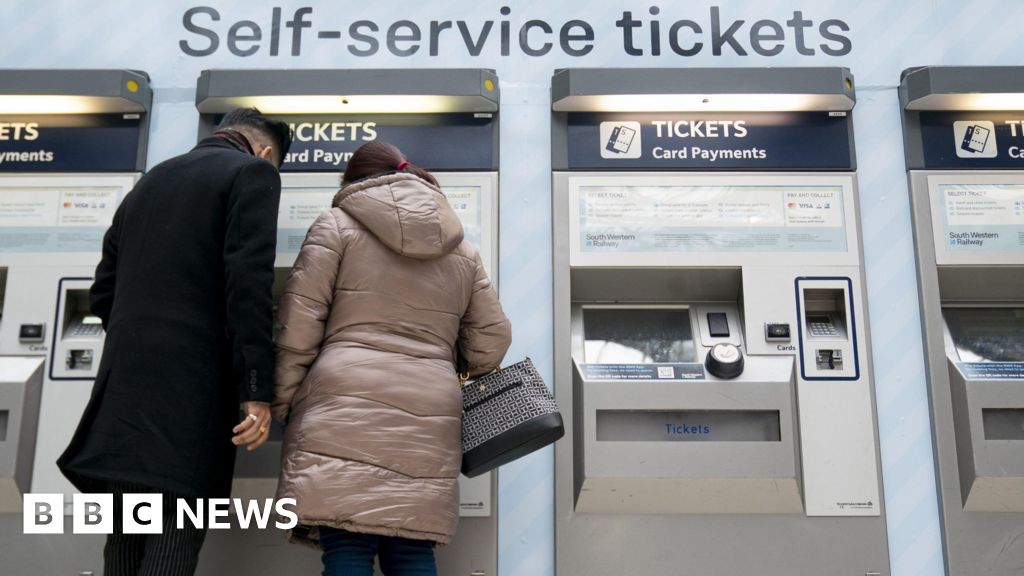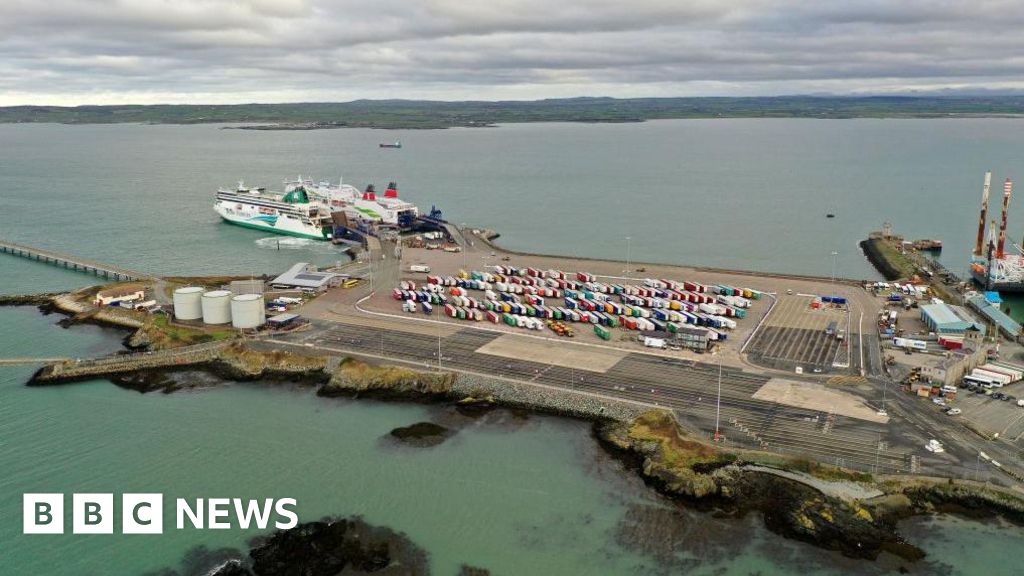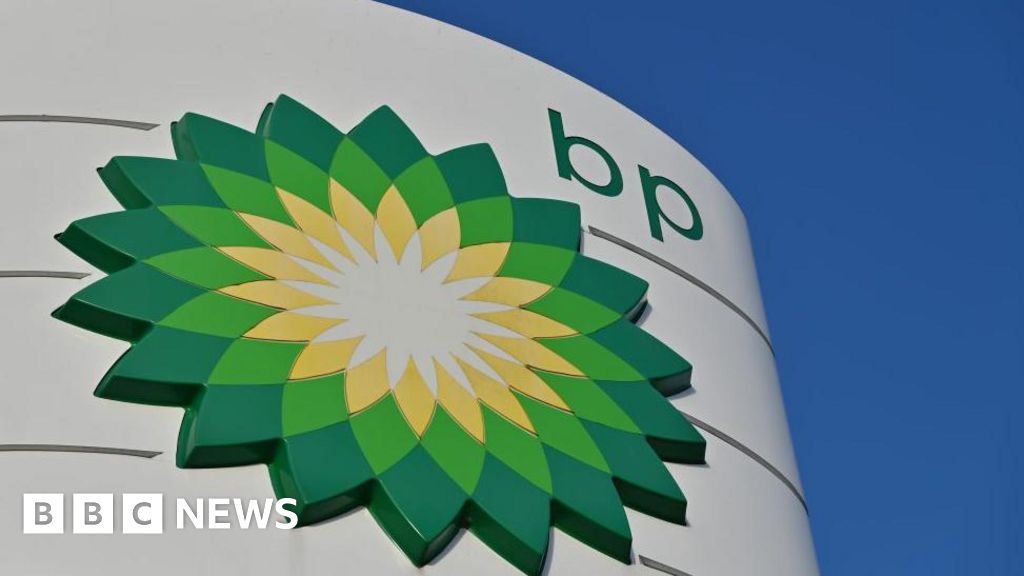ARTICLE AD BOX
image source, Getty Images
A new emergency hotline has been launched for people to report and check financial scams as they happen.
A potential victim who dials 159 will be automatically connected to their bank's fraud prevention service.
Anyone who receives a call or message from somebody claiming to be from a trusted organisation and who suggests money should be transferred is being urged to hang up and call 159.
Fraudsters stole £4m a day in the UK in the first half of the year.
The banking trade body, UK Finance, has described the level of fraud as a national security threat.
The new service is being promoted by Stop Scams UK - a coalition of banking and technology companies.
Initially, the project is being run for a year, but the intention is for it to become a universal service eventually.
However, not all banks and building societies are signed up. TSB will not join until January.
'Spider's web'
image source, David Bale
image caption, David Bale says everyone needs to be aware of fraud tacticsWhen David Bale received a call from his bank to tell him his account had been hacked, he was naturally concerned.
The call had come from what looked like a genuine number, but it was a spoof and the caller was a fraudster.
The criminal persuaded Mr Bale that funds needed to be transferred to a "safe account", so he allowed payments totalling nearly £6,000 to be made.
"I felt humiliated and very foolish, but they were very convincing. Everyone is gullible when you are caught on the hop," he said.
"I felt myself in a spider's web, only slowly did I become aware there was something odd."
Banks that are taking part include Barclays, Lloyds (including Halifax and Bank of Scotland), NatWest (including Royal Bank of Scotland and Ulster Bank), Santander and Starling Bank.
Nationwide Building Society said it would join but it also launched its own version on Monday.
More than 80% of UK mobiles and landlines will be able to use 159 at the outset, costing the same as a national rate call. There is also an accompanying website.
Ruth Evans, who chairs Stop Scams UK, said: "Criminals rely on forcing people into heat-of-the-moment decisions, and calling 159 is a simple, practical tool to break their spell."
Gareth Shaw, head of Which? Money, said: "This should be part of a range of solutions as no one solution on its own will be enough to tackle phone-enabled scams.
"That is why we also need action to prevent scams at source and to ensure victims are treated fairly after they have been targeted."

 3 years ago
97
3 years ago
97








 English (US) ·
English (US) ·